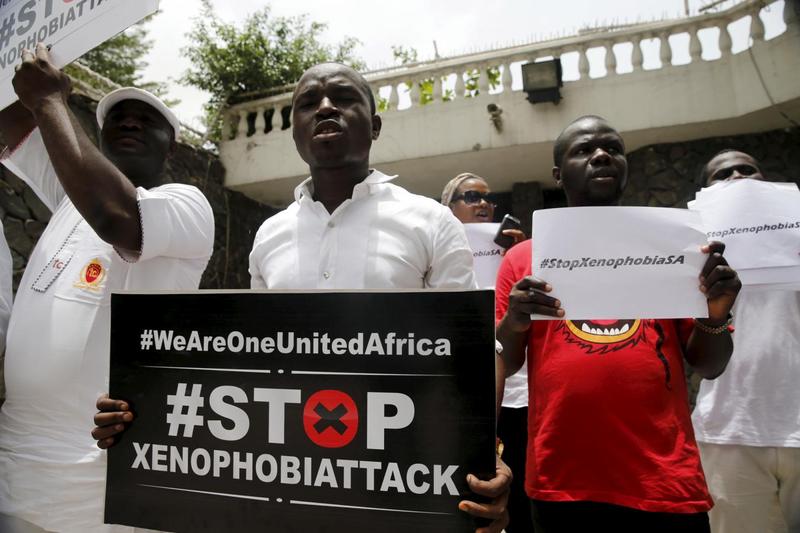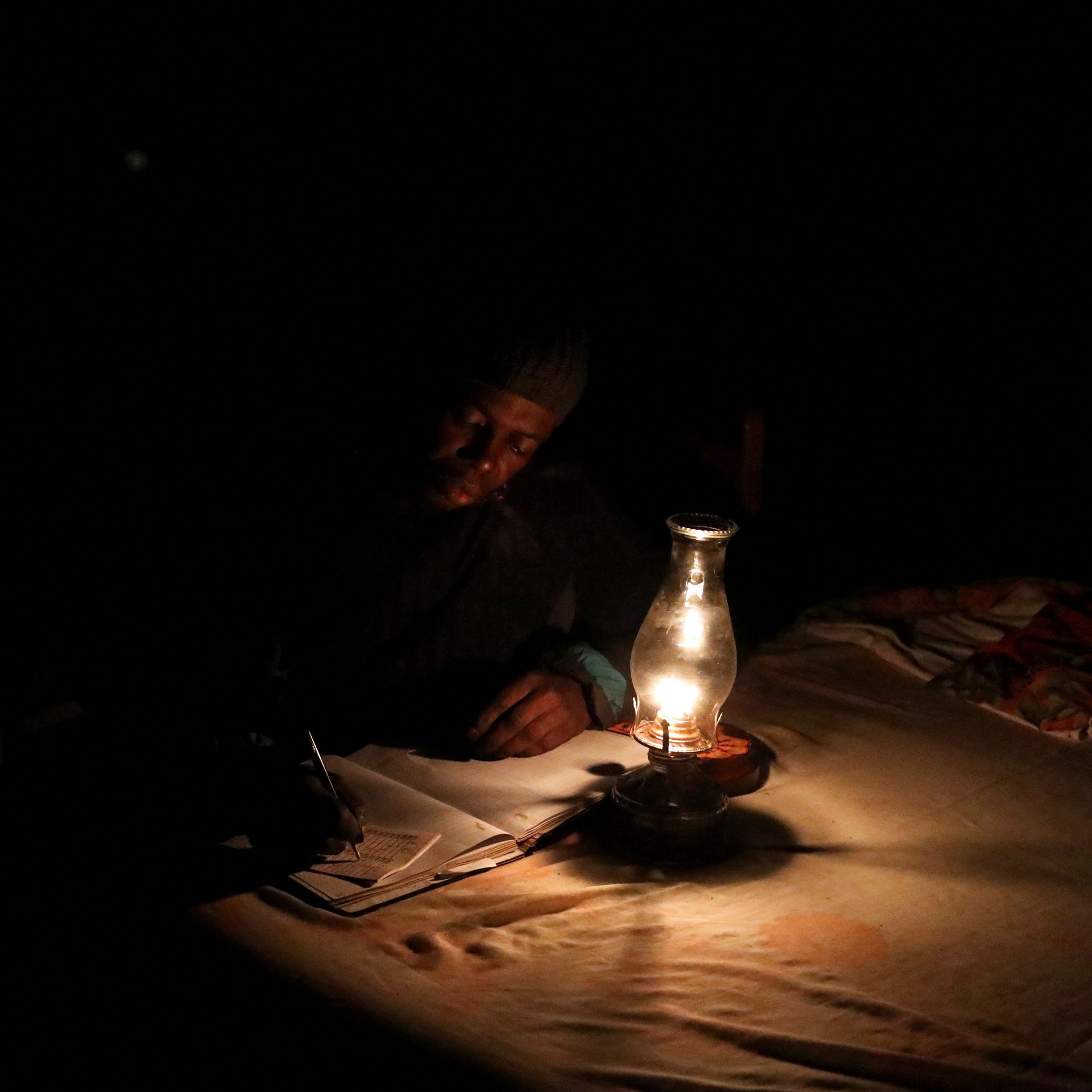Xenophobia worries Chinese companies in SA
As well as load shedding
By the end of 2021, China's investment in South Africa totalled over US$25 billion.
The threat of xenophobia and power cuts are the major concerns among Chinese companies in South Africa, according to that country's consul-general in Johannesburg, Tang Zhongdong.South Africa is currently experiencing a record-long stretch of load shedding.
"We encourage Chinese companies in South Africa to continue doing business in South Africa. The problems around power supply may not be good for business, but we think the problem is temporary and that the country would be able to overcome it," said Tang.
"Load shedding causes harm to people's lives, and it should be resolved," he said.
Tang, who speaking at the even marking the 73 years of the founding of the People's Republic of China, said the other major concern among companies was xenophobia.
"I don't see any other obstacles for Chinese businesses here."
China is South Africa's largest trading partner, but trade between the two countries remains skewed towards China.
According to South African Revenue Service (SARS) data, South Africa's exports to China accounted for 12.3% of total exports, and imports from China stood at 19.9% of total imports.
South Africa is also one of the largest investment destinations for Chinese companies in Africa. By the end of 2021, China's investment in South Africa totalled over US$25 billion.
China's economy is recovering from the Covid-19 pandemic, which saw the country implement some of the strictest lockdowns to prevent the spread of the virus.
Tang said the country's policy was based on "putting life first"." Those measures worked for China but may not work very well for conditions here."
Dumping
South Africa’s Trade, Industry and Competition Minister Ebrahim Patel has vowed that consumer will not suffer unduly due to anti-dumping import duties on tyres imported from China.
He also stressed that the process had not yet been finalised and was subject to public comment.
Patel was replying to questions from members of Parliament (MPs) in the National Assembly on Wednesday afternoon, in the wake of an interim excise duty increase of 38.33% being introduced by the International Trade Administration Commission (ITAC) earlier this year in a bid to discourage dumping. The Tyre Importers Association of South Africa has since taken legal steps to oppose the move, arguing that the legislation backing ITAC's decision has not yet been promulgated.
The South African Tyre Manufacturers Conference (SATMC), meanwhile, had applied to ITAC for relief from cheap tyre imports from China. SATMC said exposure to the low prices would cause local producers material injury and cause the sector to lose jobs.
Replying to a question from IFP MP Nsikayezwe Cebekhulu, Patel stressed that the process was still at an early stage and subject to extensive consultation.
He said the introduction of the import levy was done in line with the accepted procedures for excise hikes, where injury to local producers by cheap imports first had to be established.
"Four firms came together to request an anti-dumping duty on types from China. These firms hire up to 6 000 people. The first test is you have to show material injury. The secondary test is to prove that the injury is a result of the dumping," Patel said.
Patel said the two-stage process of anti-dumping duties includes an ITAC investigation, after which the commission calls for comment. If ITAC has grounds to say that the injury is substantial and can prejudice local firms, they can introduce an excise duty for six months, he said.-Fin24





Comments
My Zone
No comments have been left on this article